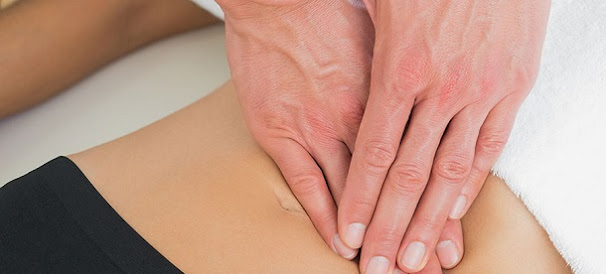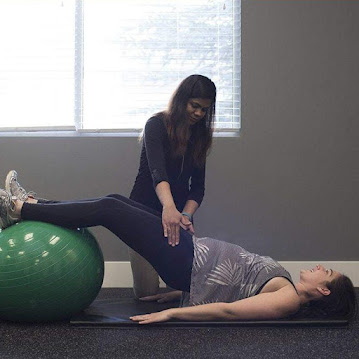Pelvic Floor Therapy for Women: Why is It Important?
The pelvic floor is a fibro-muscular structure that plays a very important role in a woman's life: it supports the pelvic organs (bladder, uterus, and rectum), guarantees urinary and fecal continence and plays an important role in sexual activity and reproduction.
Rehabilitation of the pelvic floor consists
of a conservative treatment, which can be performed in all phases of a woman's
life, both in the presence of symptoms and problems relating to the pelvic
floor, and as prevention, especially during pregnancy and post-pregnancy.
One aspect of rehabilitation that is often
overlooked, if not ignored, is that of pelvic floor rehabilitation. It is a
very important structure as it takes part in activities such as urinary and
fecal continence and affects the sexual sphere.
By pelvic floor we mean the tendon muscle
structure that closes the pelvis caudally, forming a sort of inverted dome.
Having a good muscle tone of this structure is the basis for the prevention of
pelvic dysfunctions such as prolapse, constipation, urinary and/or fecal
incontinence.
These symptoms can occur following events
such as menopause, pregnancy or abdominal-pelvic surgery, for example prostate
surgery. Urinary incontinence is just one of the problems caused by a weakened
pelvic floor.
With the help of a professional, it is
possible to re-educate the muscles of the abdominal cavity. The Specialized Physiotherapists
use a wide range of methods. These include relaxation exercises, targeted
pelvic muscle firming techniques, and proper toilet behavior.
The final goal of the treatment will be to
enhance muscle tone and increase control and perception of the pelvic floor
contraction during normal daily activities. Perineal physiotherapy treatment
for stress urinary incontinence is recognized as an effective first-line
treatment.
It is important to strengthen the pelvic
floor muscles during and after pregnancy, and especially in the weeks after
childbirth in order to prevent urinary incontinence.
A consultation with a physiotherapist
specializing in perineal rehabilitation allows you to measure the strength and
elasticity of the muscles of the pelvic floor and abdominals as well as to help
you become aware of your posture and your breathing which could be affected by
pregnancy.
You will be then given a personalized
exercise program focused on identifying and strengthening your pelvic floor
muscles. Specific posture and abdominal strengthening exercises will be taught
to you in order to prevent diastasis of the rectus abdominis and back pain.
Follow-up meetings with your
physiotherapist allow you to gradually adjust these exercises and perform
manual techniques to relax the perineum in order to prepare it for childbirth
and reduce the risk of tearing.
The number of treatments varies depending
on the client. After childbirth, treatment is given to help regain the strength
of the muscles in your perineum and to treat scar tissue if necessary.
Resuming pelvic floor strengthening
exercises not only heals injuries caused by pregnancy and childbirth, but also
helps restore your previous level of sport and daily activity.




Comments
Post a Comment